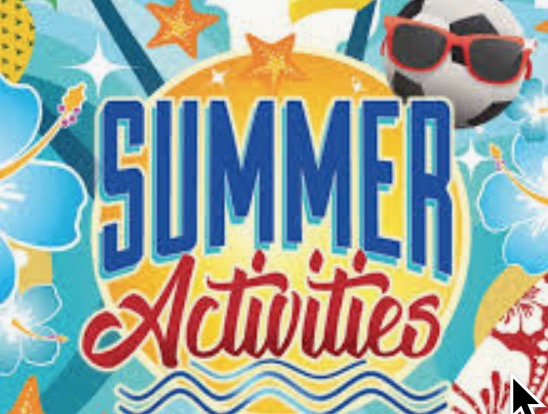MOOC (/muːk/) stands for massive open online courses.
A massive open online course is an online educational offering aimed at virtually unlimited participation and open access via the web. In addition to traditional course materials such as filmed lectures, readings, and assignments, many MOOCs provide interactive user forums to support community interactions among students, professors, and teaching assistants. MOOCs were first introduced in 2008 and have become increasingly popular.
According to The New York Times, 2012 became “the year of the MOOC” as several well-financed providers, associated with top universities, emerged, including Coursera, edX, and Udacity.
There are dozens of participating universities, including Stanford, Harvard, MIT, the University of Pennsylvania, Caltech, the University of Texas at Austin, Duke, Johns Hopkins, the University of Michigan, the University of California at Berkeley, Georgia Tech, Dartmouth, Wellesley College, Australian National University, Boston University, Sorbonne, University of Maryland and Georgetown University.
Many MOOC offerings are free or inexpensively priced. Some are self-paced.
MOOCs, or Massive Open Online Courses, can be helpful for high school students in several ways:
Access to a wide range of courses: MOOCs offer a variety of courses from different fields, including computer science, mathematics, language learning, humanities, and social sciences. High school students can use MOOCs to explore their interests, supplement their school curriculum, and even get a head start on college-level courses.
Flexibility: MOOCs offer flexibility in terms of time and location. High school students can take MOOCs at their own pace and schedule, without being restricted by school hours or location.
Cost-effective: Many MOOCs are free, or offer low-cost alternatives to traditional courses. This makes MOOCs an affordable way for high school students to access quality education.
Exposure to online learning: MOOCs can provide high school students with exposure to online learning platforms, which are becoming increasingly popular in higher education. This experience can help students develop their digital skills and prepare them for future online learning opportunities.
College preparation: Some MOOCs offer college-level courses, which can help high school students prepare for the rigor of college academics. Additionally, completing MOOCs can demonstrate initiative and academic achievement on college applications.
There are many MOOCs available that can be beneficial for high school students. Here are some of the most popular MOOCs:
Coursera: Coursera offers a variety of courses from top universities and institutions around the world. Some popular courses for high school students include computer science, data science, and mathematics.
edX: edX is another platform that offers courses from top universities and institutions. High school students can take courses in computer science, engineering, and humanities, among other fields.
Khan Academy: Khan Academy is a non-profit organization that offers free online courses in a variety of subjects, including math, science, and humanities. The platform is popular among high school students looking to supplement their school curriculum.
MIT OpenCourseWare: MIT OpenCourseWare offers free access to course materials from MIT classes. High school students can explore courses in engineering, mathematics, and science, among other subjects.
Harvard Online Learning: Harvard Online Learning offers a variety of courses, including some that are designed specifically for high school students. Popular courses include computer science and coding, as well as courses in the humanities and social sciences.
Overall, MOOCs can be a valuable resource for high school students looking to explore their interests, supplement their education, and prepare for college.
From Lynn Lubell, Founder of Admission By Design: I encourage my students, who complete MOOCs, to include them on their resumes and activity lists and/or additional information section. Self-learning can show initiative, motivation, and intellectual vitality.
Below are links to five popular sites for MOOC learning:
Some Popular MOOCs
- The Science of Well-Being by Yale University | Coursera
- CS50’s Introduction to Computer Science | edX
- Programming for Everybody (Getting Started with Python) | Coursera
- Introduction to Aerospace Engineering: Astronautics and Human Spaceflight | edX
- Calculus 1A: Differentiation | edX
- Understanding the Brain: The Neurobiology of Everyday Life | Coursera
Written by: Lynn Radlauer Lubell, Publisher of InLikeMe.com and Founder of Admission By Design, an Educational Consultancy based in Boca Raton, Florida.



